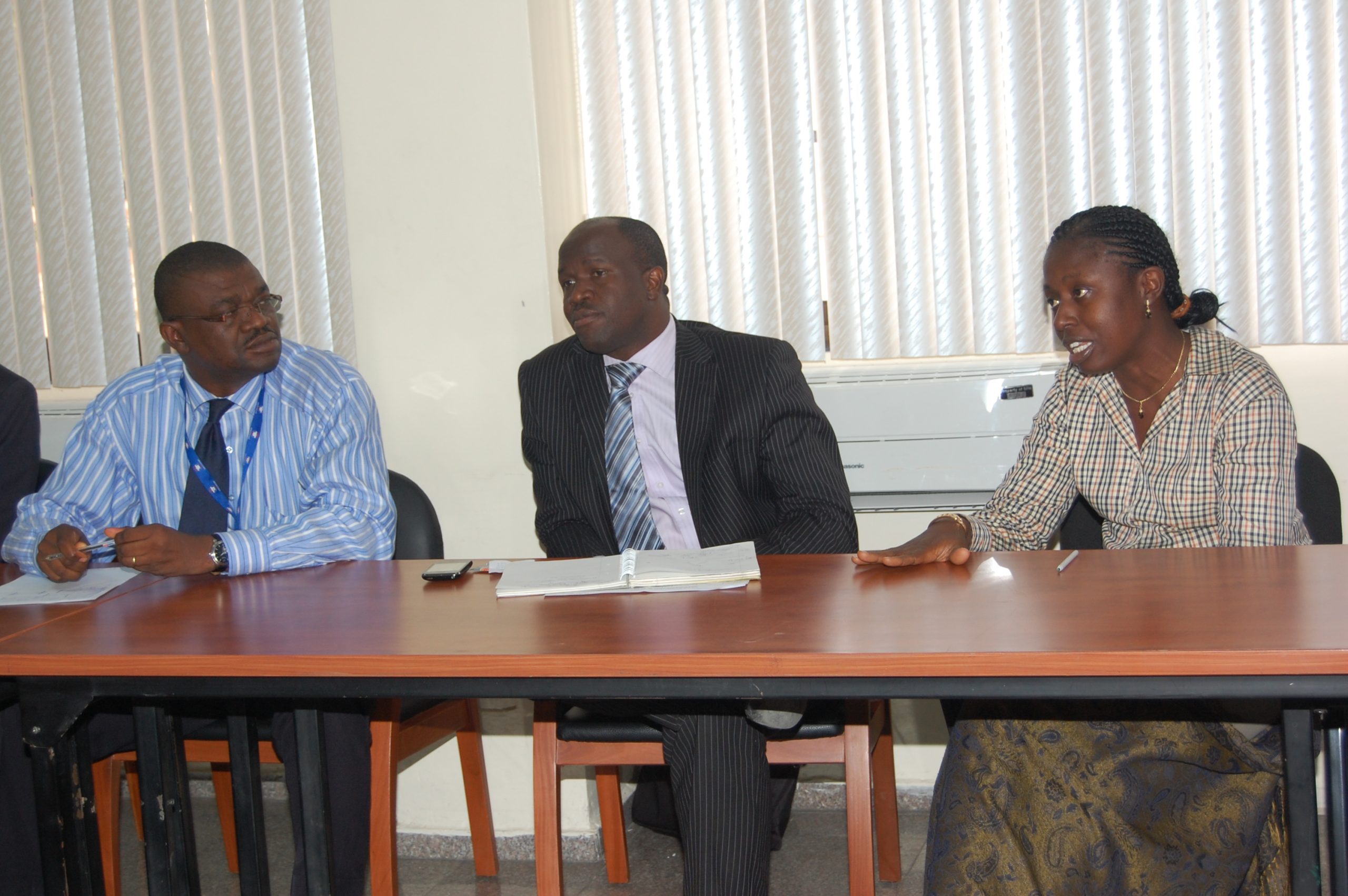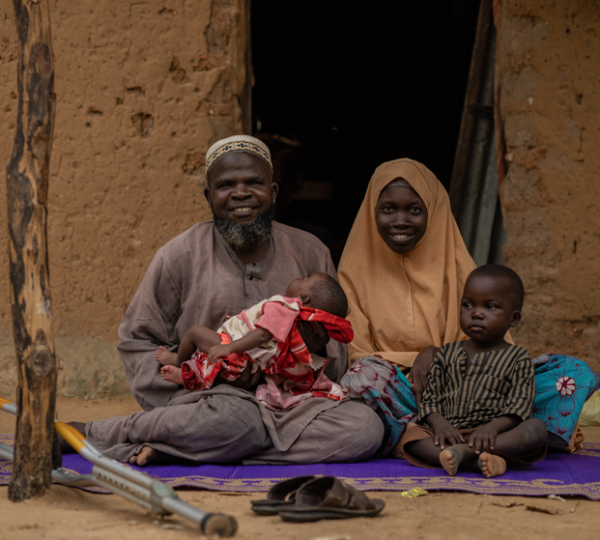2023 World Contraception Day: Powering the Options
By Simeon Christian Chukwu and Esther Onuh
Have you ever imagined the population of the world without contraceptives? The confusion. The contention. The conflagration. Now to the power of even having different methods or options to choose from. As the world commemorates this year’s World Contraception Day 2023, it offers another great opportunity for us to reflect on some of the issues individuals have had to face in terms of accessibility, availability and affordability of the different options. The power of options empowers everyone regardless of gender to take charge of their own reproductive health destiny. Simply put, there is an option for everyone.
Organisations like the Society for Family Health (SFH) have been at the forefront of powering these options through various community intervention programmes such as supporting accessibility, affordability and availability of contraception options for everyone, provision of education and enlightenment programmes using social and behaviour change (SBC); while also championing trainings for frontline health workers on meeting the contraceptive needs of everyone. These three components are essential as we continue to work and walk towards achieving the 2030 goals.

Contraceptive methods range from hormonal options like birth control pills, patches, and injections, to barrier methods such as condoms and diaphragms, and long-acting reversible contraceptives (LARCs) like intrauterine devices (IUDs) and implants. In powering the options, SFH through its donors, have different projects supporting a user’s contraceptive journey ranging from the Delivering Innovation in Self-Care (DISC) project which empowers women to be able to self-inject their DMPA-SC contraceptive choice, to the Momentum in Private Healthcare Delivery (MPHD) project which task-shifts the provision of Hormonal Intra-Uterine Device (IUD) contraceptive option to private healthcare providers. The legendary “Gold Circle” condom produced and distributed by SFH also has different flavours to help users have a pleasurable sexual experience while also providing dual protection. All are geared towards addressing the issues of accessibility, availability, and affordability of contraceptive options.
Contraception plays a huge role in the fight against maternal mortality, poverty, and sexually transmitted infections (STIs) as it helps women and couples to have children by choice and at the right time. It ensures that women avoid unintended pregnancy and early motherhood and can birth children when they are mentally ready to go through that journey of childbearing. It also addresses issues of poverty by ensuring that couples have children they can cater for. Contraceptive also helps to reduce the rate of sexually transmitted infections. The World Health Organization estimates that Nigeria and sub-Saharan Africa account for approximately 40% of the global burden of STIs (WHO| Global Health Sector Strategy on Sexually Transmitted Infections, 2016-2021). As Nigeria continues to intensify it effort in addressing the issues of HIV/AIDS and other STIs, contraceptive options is a sine qua non to achieving that milestone.
Highlighting further, the importance of contraceptive options is the reason the 26th of September every year has been set aside since 2007 as World Contraceptive Day. It was first observed in 2007 by organisations promoting family planning (Mojeed Alabi and Mariam Ileyemi, 2021) around the world to spread awareness about contraception and to help couples decide when to start a family and lead a healthy lifestyle. This year’s theme was predicated on empowering everyone with the options that work for them. What option works for you? Find out from a Family Planning close to you.
Simeon Christian Chukwu is a Monitoring and Evaluation Advisor at Society for Family Health while Esther Onuh is currently a Programme Assistant also at Society for Family Health





